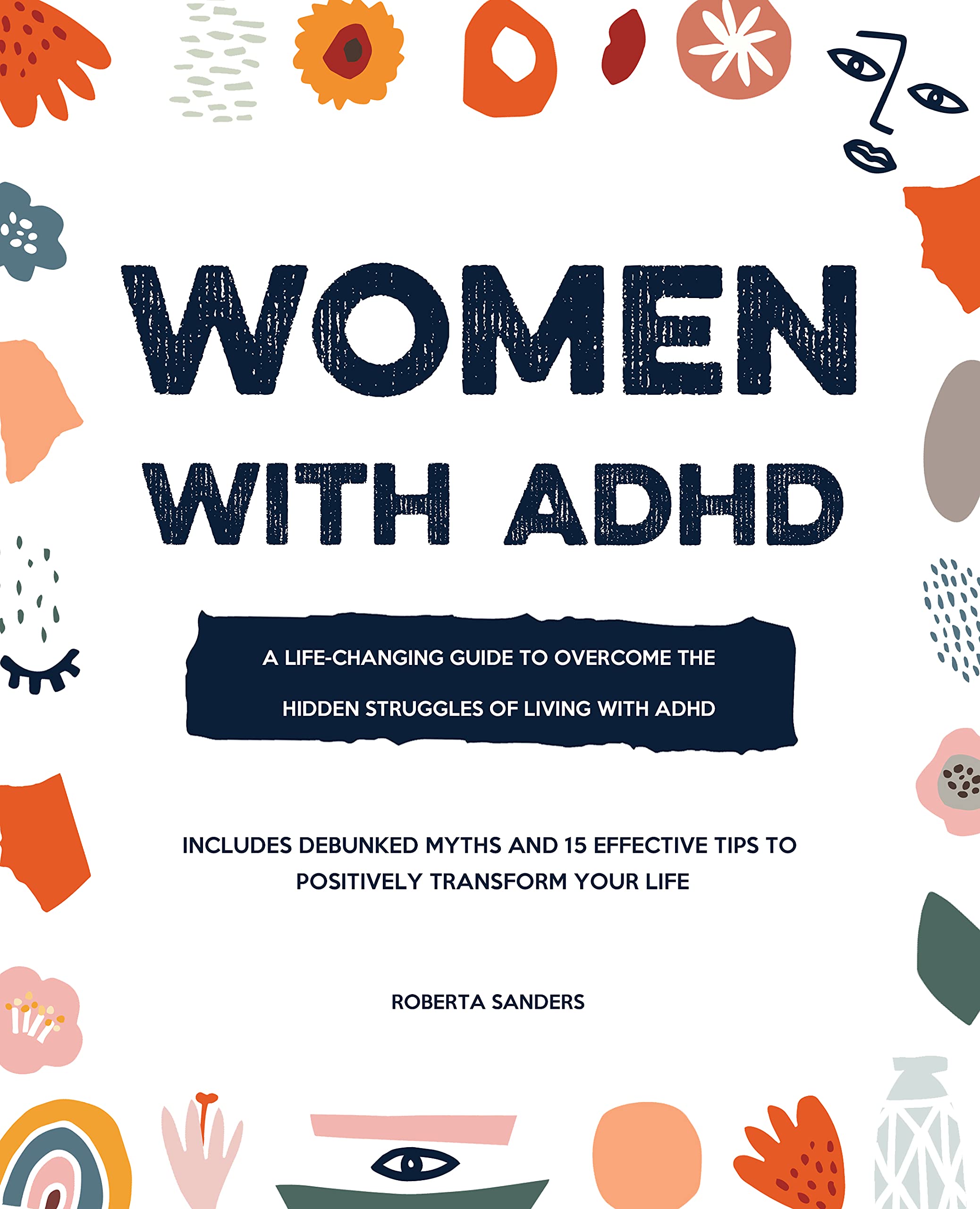Women With ADHD: A Life-Changing Guide to Embrace the Hidden Struggles of Living with ADHD – Includes Debunked Myths and 15 Effective Tips to Positively Transform Your Life
Goodreads
overview
Still struggling with the effects of having ADHD?<br /><br />Do you …?<br /><br />- Do you often feel as if life is out of control, and that it’s impossible to meet demands?<br /><br />- Do you feel overwhelmed in stores, at the office, or at parties? Is it impossible for you to shut out sounds and distractions that don’t bother others?<br /><br />- Do you often shut down in the middle of the day, feeling assaulted? Do requests for “one more thing” put you over the top emotionally?<br /><br />- Do you have trouble balancing your checkbook?<br /><br />- Do you feel like you’re always at one end of a deregulated activity spectrum — either a couch potato or a tornado?<br /><br />- Do you feel that you have better ideas than other people but are unable to organize them or act on them?<br /><br />- Do you start each day determined to get organized, and end each day feeling defeated?<br /><br />- Do you despair of ever fulfilling your potential and meeting your goals?<br /><br />Don’t let ADHD symptoms hold you back. Gain the skills you need to achieve your goals with help from this book<br /><br />Women are as likely as men to have ADHD, and the latest research suggests that ADHD in women causes even greater emotional turmoil. Despite widespread improvements in the diagnosis and treatment of ADHD, some professionals still may harbor the belief that attention deficit hyperactivity disorder is something that primarily affects boys and men — not girls and women. Consequently, women with ADHD are more likely than men to go undiagnosed (or misdiagnosed), and less likely to receive appropriate treatment.